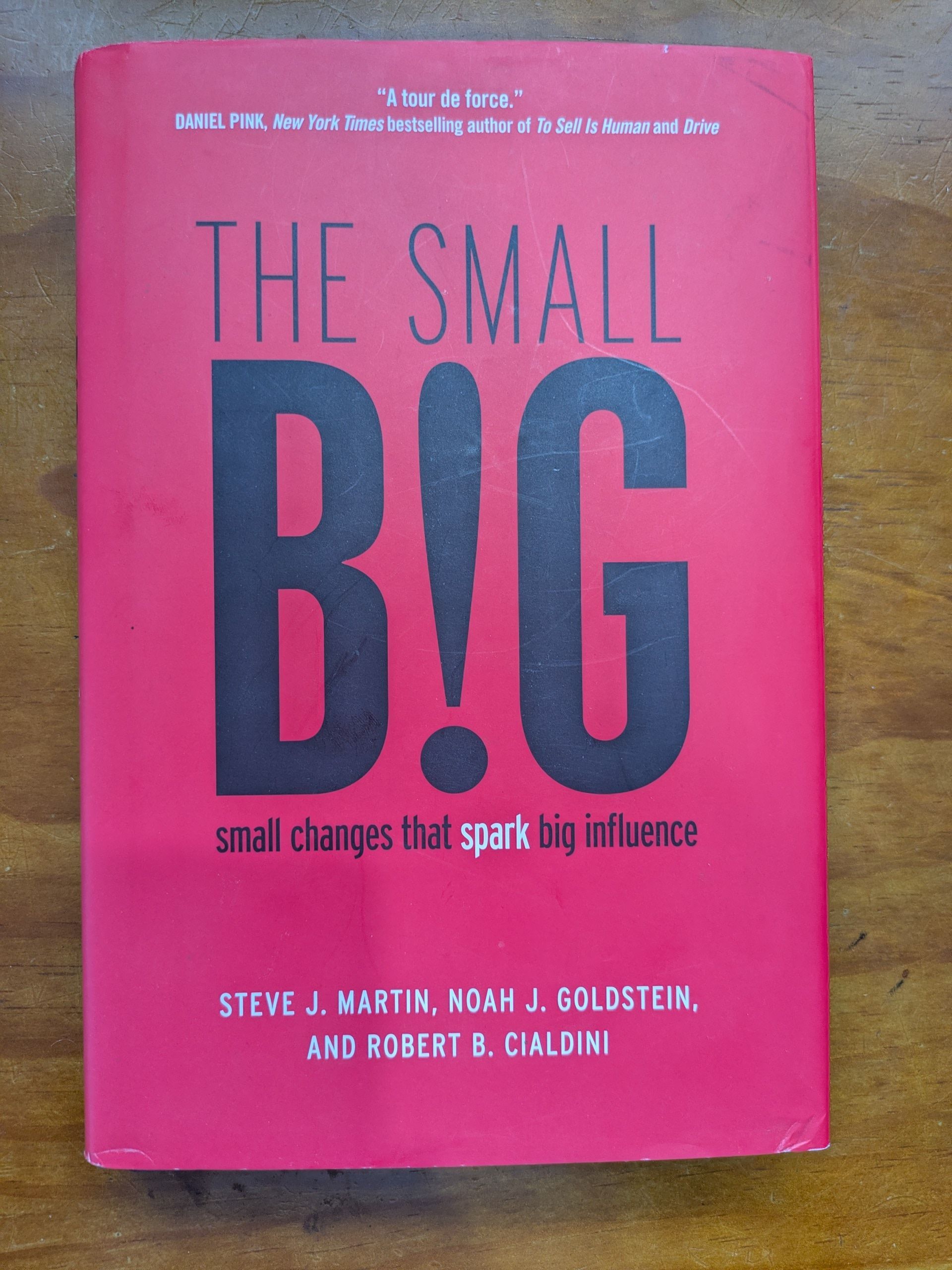The Importance of Attention to Detail: How to Identify Meticulous Candidates
We hope you enjoy reading this blog post!
Fermion is a Wollongong-based HR consultancy that specialises in helping companies across Australia save money through innovative recruitment and retention programs. Let us help your organisation thrive.
Want Less & Errors at Work - Test for Attention-to-Detail
Introduction
"Attention to Detail" is a phrase you frequently encounter in job advertisements, often nestled between "Team Player" and "Excellent Communication Skills." It is a skill valued across diverse industries and roles, but what does it truly mean in the workplace, and how can you effectively identify it in your prospective candidates?
The Significance of Attention to Detail
In the professional world, mistakes are universally undesirable, irrespective of the job. Individuals who possess a keen eye for detail are better equipped to spot and rectify errors, thus helping you avoid costly blunders in the long run. Even minor mistakes can escalate into significant issues, making it crucial to hire individuals who get things right from the outset.
Attention to detail is not confined to a specific job title or set of duties; it is a skill that transcends roles. It reflects a candidate's ability to discern and address problems, particularly those small, less conspicuous issues. Imagine if an administrative assistant could not meticulously proofread a document, or an accountant consistently misplaced a decimal point - a few errors could lead to substantial complications.
Employees who are detail-oriented are less likely to make mistakes that could potentially cause damage to your business or organisation. Grammatical, spelling, or mathematical errors, while seemingly minor, can cause internal confusion or harm a company’s reputation.
You need individuals who excel at getting it right the first time, thereby sidestepping potentially costly mistakes. Sitting at the intersection of soft and hard skills, attention to detail is paramount, whether you are filling entry-level or C-Suite positions. But how can you identify detail-oriented candidates?
Identifying Detail-Oriented Candidates:
Understanding the importance of meticulous candidates is one thing; however, discerning them is another challenge. Several approaches can help you gauge a candidate's attentiveness.
1. Resumes
Start by examining their resume. Are there any typos or fundamental spelling errors? Do they maintain a consistent font style and format? A candidate who submits a resume without meticulous proofreading either lacks the requisite care for the position or does not possess a high degree of attention to detail. In either case, such individuals may not be the ideal fit for your team.
2. Interview
You can also assess a candidate's attentiveness during the interview. Are they fully engaged and focused? Can they recall information from earlier in the interview? Do they ask specific questions about the role and the company, indicating pre-interview research? If a candidate appears disinterested or distracted, it might imply they would be disengaged on the job.
3. Test
Evaluating attention to detail consistently can be a challenge. For a more effective evaluation, consider employing a cognitive assessment explicitly designed to measure attention to detail.
For entry-level positions, assessments that gauge basic math and grammar skills can provide strong indicators of a candidate's ability to identify and resolve inconsistencies in their work. For mid to high-level roles, general aptitude tests measure abilities closely related to attention skills, such as problem-solving and overall critical thinking. These tests have consistently demonstrated high predictive validity when assessing potential success in upper-level roles demanding focus and attention. Criteria's Universal Cognitive Aptitude Test even includes a specific "attention-to-detail" subtest, which is probably the most reliable way to measure this ability.
Conclusion
Detail-oriented employees possess the invaluable ability to notice the little things that can significantly impact your bottom line. Attention to detail serves as a predictor of essential on-the-job skills: focus, organisation, conscientiousness, and observation. Regardless of how you evaluate your candidates' attention to detail, it is a critical skill to consider when making hiring decisions.
About the Author
Christopher Apps is an Organisational Psychologist and the owner of Fermion. He stays updated on the latest psychology research and shares evidence-based insights. The focus of Fermion is "Psychometric Testing for Recruitment" and “Recruitment to Retention: How to Select Good Staff & Keep Them”. If you would like to learn about psychometric testing for recruitment or how to select good staff and keep them, please feel free to contact us at Fermion.
“Learn from the mistakes of others. You can’t live long enough to make them all yourself.”
Eleanor Roosevelt.





